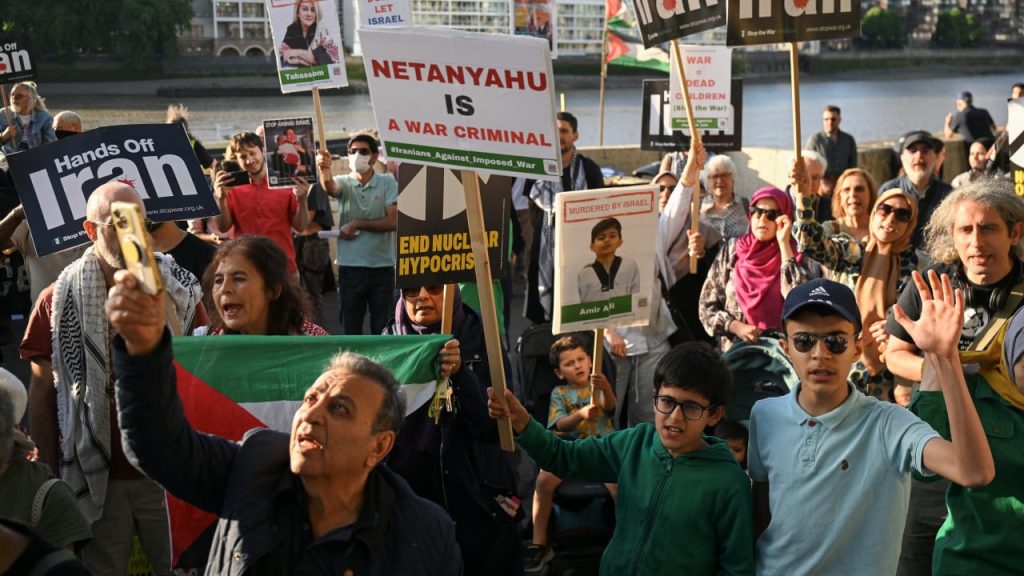Listen to the article
Europe’s Controversial Broadcast of Houthi Media Raises Security and Ethical Concerns
European satellite operators are facing mounting criticism for allowing Iran-backed Houthi media outlets to broadcast propaganda into European households. Security experts and government officials warn that this practice not only undermines Western security interests but also contradicts Europe’s stated values and commitment to fighting extremism.
The Houthi movement, officially known as Ansar Allah, has significantly expanded its media reach in recent years. Their programming, which includes Al Masirah TV and several radio stations, continues to be distributed through European satellite services despite the group’s designation as a terrorist organization by several countries and its ongoing attacks on international shipping in the Red Sea.
“This is a clear case of Europe betraying the values it claims to uphold,” said a senior security analyst who requested anonymity due to the sensitivity of the issue. “We’re seeing extremist content that glorifies violence against Western allies being broadcast directly into European homes.”
French satellite operator Eutelsat and Luxembourg-based SES are among the companies that have allowed Houthi media channels to use their satellite infrastructure. Critics argue that these arrangements provide legitimacy and a platform for an organization that regularly promotes anti-Western rhetoric and has been implicated in numerous human rights violations.
The broadcasts typically feature inflammatory content including calls for attacks on Israel, the United States, and other Western countries. They also showcase military operations against commercial vessels in the Red Sea, which have severely disrupted global shipping routes and driven up consumer prices worldwide.
European regulations theoretically prohibit content that incites hatred or violence, but enforcement has been inconsistent. The European Union’s Audiovisual Media Services Directive contains provisions against hate speech, but responsibility for implementation falls to individual member states, creating regulatory gaps that non-state actors can exploit.
“There’s a dangerous double standard at play,” explained Dr. Martin Weber, a media regulation expert at the University of Amsterdam. “Europe imposes strict content rules on its domestic broadcasters while allowing foreign actors promoting violence to reach millions of European households.”
The issue highlights the complex intersection of free speech principles, business interests, and security concerns. Satellite operators often defend their position by arguing they are merely technical service providers rather than content regulators.
The economic aspect cannot be overlooked. Contracts with these media outlets represent significant revenue for satellite operators, especially as traditional broadcasting faces increasing competition from streaming services. Industry sources suggest that terminating these agreements would result in financial losses for the companies involved.
Meanwhile, the humanitarian situation in Yemen continues to deteriorate. The country has been devastated by a civil war that began in 2014 when Houthi rebels seized control of the capital Sana’a. The conflict has created what the United Nations describes as one of the world’s worst humanitarian crises, with millions facing starvation and disease.
Security experts argue that allowing Houthi propaganda to spread unimpeded undermines international efforts to resolve the conflict and stabilize the region. “These broadcasts don’t just spread hatred—they actively interfere with peace-building efforts by glorifying violence and reinforcing extremist narratives,” said Richard Atwood of the International Crisis Group.
Several European parliamentarians have called for stronger regulations and enforcement mechanisms to prevent terrorist organizations from utilizing European broadcasting infrastructure. They point to precedents where broadcasts from other extremist groups were removed from European satellites following diplomatic pressure.
As tensions in the Middle East continue to escalate, the question of how Europe balances its commitment to free expression with security concerns and stated values against extremism remains unanswered. For now, Houthi media continues to reach European audiences, highlighting the contradictions in Europe’s approach to media regulation and counter-terrorism efforts.
Fact Checker
Verify the accuracy of this article using The Disinformation Commission analysis and real-time sources.




29 Comments
Silver leverage is strong here; beta cuts both ways though.
Good point. Watching costs and grades closely.
Good point. Watching costs and grades closely.
Interesting update on Iran-Backed Houthi Media Outlet Gains Broadcasting Access in Europe. Curious how the grades will trend next quarter.
Good point. Watching costs and grades closely.
Silver leverage is strong here; beta cuts both ways though.
I like the balance sheet here—less leverage than peers.
I like the balance sheet here—less leverage than peers.
Good point. Watching costs and grades closely.
Good point. Watching costs and grades closely.
Uranium names keep pushing higher—supply still tight into 2026.
Good point. Watching costs and grades closely.
Good point. Watching costs and grades closely.
Nice to see insider buying—usually a good signal in this space.
Good point. Watching costs and grades closely.
Good point. Watching costs and grades closely.
The cost guidance is better than expected. If they deliver, the stock could rerate.
Good point. Watching costs and grades closely.
Good point. Watching costs and grades closely.
Production mix shifting toward Propaganda might help margins if metals stay firm.
Good point. Watching costs and grades closely.
Silver leverage is strong here; beta cuts both ways though.
Good point. Watching costs and grades closely.
The cost guidance is better than expected. If they deliver, the stock could rerate.
Good point. Watching costs and grades closely.
Good point. Watching costs and grades closely.
Interesting update on Iran-Backed Houthi Media Outlet Gains Broadcasting Access in Europe. Curious how the grades will trend next quarter.
Good point. Watching costs and grades closely.
Good point. Watching costs and grades closely.